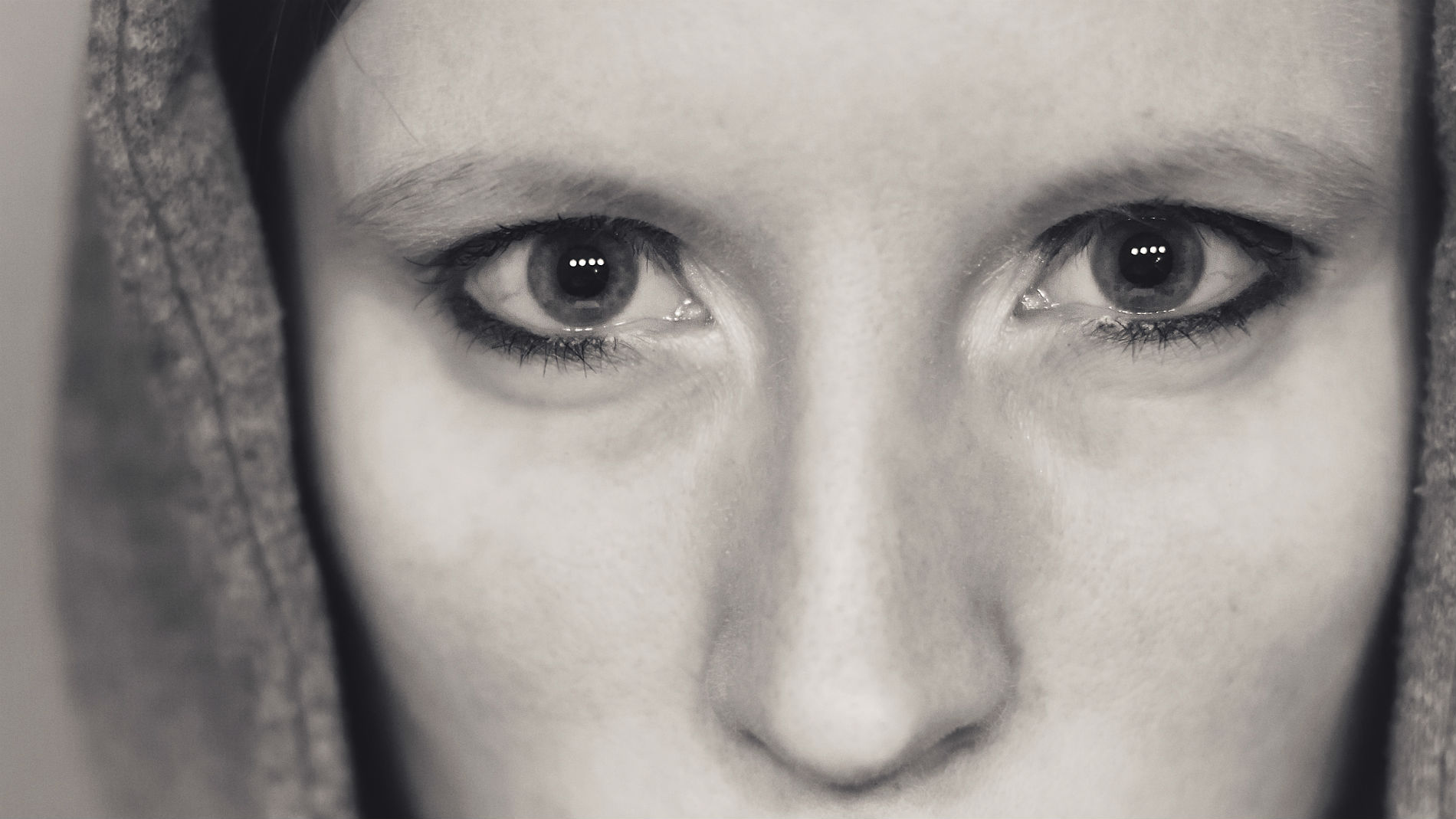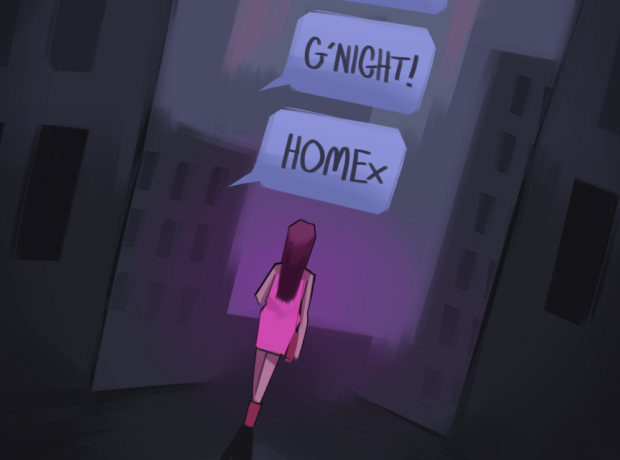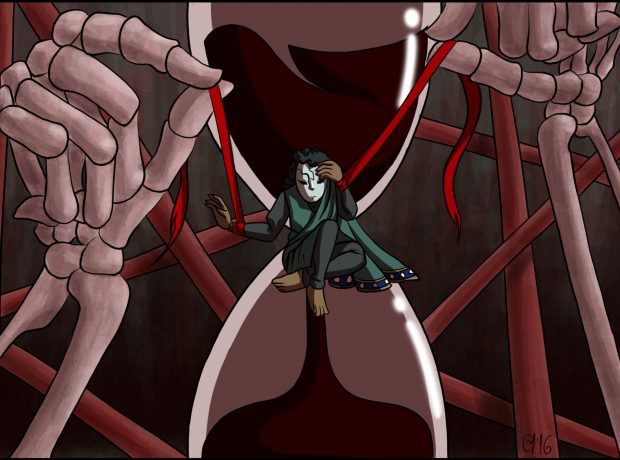The law doesn’t always work for women. This was the view expressed in different contexts, at a recent London School of Economics commission on gender, inequality, and the law.
Academics, legal practitioners and campaigners cited legal blind spots where women at every turn were unable to access justice; whether poor women navigating the family courts with legal aid; women refused agency in pregnancy; women denied redress for domestic violence because of their immigration status; or transgender women charged with deception and fraud.
Twenty years ago in Eve was Framed Baroness Kennedy wrote that: “The ideal of objectivity … is a masculine value which has come to be taken as a universal one. Often when the law fails people it is not because of some kind of lack of objectivity but because judicial objectivity has meant a denial of the female or black or working-class experience. There is a systematic exclusion of other perspectives.”
However, Kennedy goes on to say that the law alone cannot achieve justice. Legal frameworks can struggle to accommodate wider social and political contexts in which ordinary people live, but the law by its nature can be a discourse of change. What better time than International Women’s Day to think about what change could look like; by recognising the imbalances between men and women with respect to the law and trying to come up with solutions.
To get you started, this week Lacuna looks at three instances where women struggle to access justice. Lisa Muggeridge writes about the collision of legal aid cuts in the UK with existing social inequalities, and what this means for women in the family courts. Zoe Gardner explains why immigration law fails women seeking asylum in Britain and what can be done about it. Reporting from Bangalore, Meera Vijayann looks at life for women in domestic servitude, many of whom have fallen through a gap in Indian labour law and who struggle to access employment rights.
Photo byAndrea Schunert



